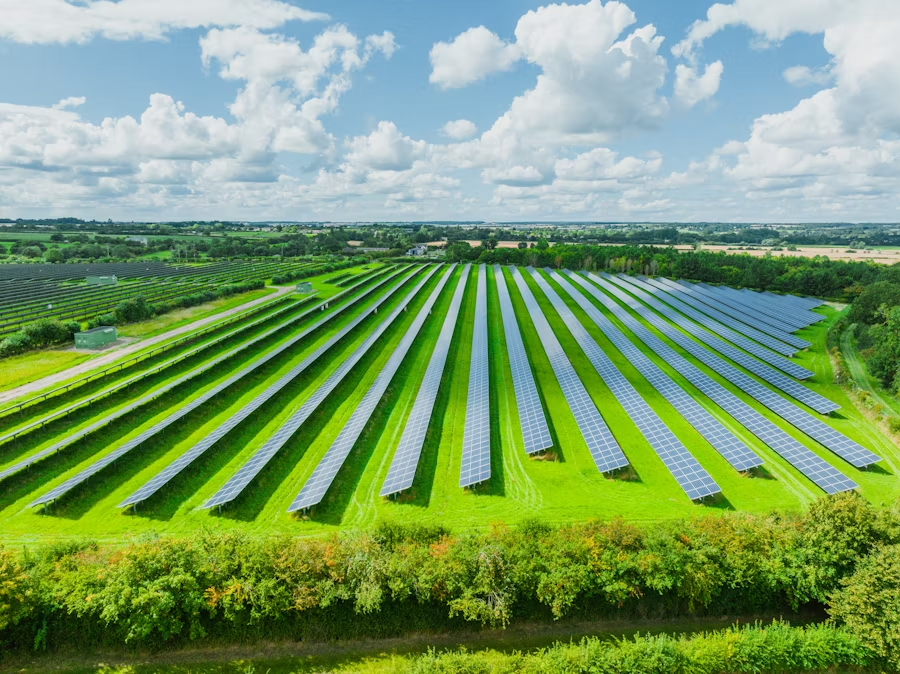In all their frenetic passing of this bill, undoing of that one, and authorizing of regulations on an industrial scale, one thing politicians never manage to do is repeal the law of unintended consequences. Thus in the National Post Gunter Jochum, president of the Western Canadian Wheat Growers, attempts to explain a few basic facts to the Canadian federal government about how their proposed crackdown on fertilizer use will actually increase emissions of greenhouse gases. Alas, we fear he is sowing good seed on bad ground.
First, Jochum tries to make them understand that farmers don’t just stand in the middle of a field hurling buckets of pollutants about with careless abandon. On the contrary, he declares with pride:
“we’re cheap. Farming is a passion and multi-generational lifestyle to be sure, but we’re still in it for the profits — like any other business. Our single most expensive input as we raise our crops is fertilizer. We use as little of it as possible. And by harnessing technology and computer power over a generation, we have already drastically reduced our use of fertilizer.”
The notion of being obsessively frugal is one that politicians struggle to grasp. Even after the Toronto Star manages to get it. But it’s key to his next point.
Second, he explains, because Canadian farmers are already so efficient, forcing them to use less fertilizer will mean forcing them to grow less food. Politicians, with their absurd fantasies of showing entrepreneurs where true profits lie, are not leading the way to a Green New Deal. More of a brown one.
The immediate consequence of reducing agricultural production in Canada will be less food and higher prices both here and globally “since Canada is a major exporter” and of course when food prices rise “we know who will get hurt first, and hardest. The poor and the food insecure.” Bummer. Can we stop now? Oh no.
As he further explains, and it shouldn’t be necessary but clearly is, “when Canadian farmers cut our production in response to less fertilizer, that void in the market will be filled, to some degree, by other jurisdictions, like China and India. And their fertilizer use is much more intensive than that of Canadian farmers. It’s called carbon leakage.”
A point we at CDN make repeatedly is that no policy should be adopted, on climate as on anything, if its costs exceed its benefits. So a sane person counts both. And the benefits here are tiny, Gunter explains using Statscan data:
“Canada produces 1.5 per cent of global GHGs…. The agricultural sector, grains, livestock, all in; produces about 10 per cent of Canada’s GHGs. But only just under half of that is caused by nitrogen fertilizer. The rest is fuel burning and cow burps. So, all in, if Canada’s fertilizer emissions are cut by 30 per cent, with the disastrous effects that will have on our grain sector, global GHGs will fall, on paper, by a measly 0.02 per cent.”
Which is only gross. Once you offset it against the increase in GHGs from farming elsewhere the policy is a loser even before you count the massive cost of making it harder for poor people in particular to afford food. Thus “If the world needs less fertilizer, then it needs more Canada.”
P.S. To see just how addled policy-makers are about basic economics, Gunter also notes that the federal government’s own “policy documents say that Canada needs to help feed the world by expanding our exports to $75 billion by 2025.” By crushing agriculture.


